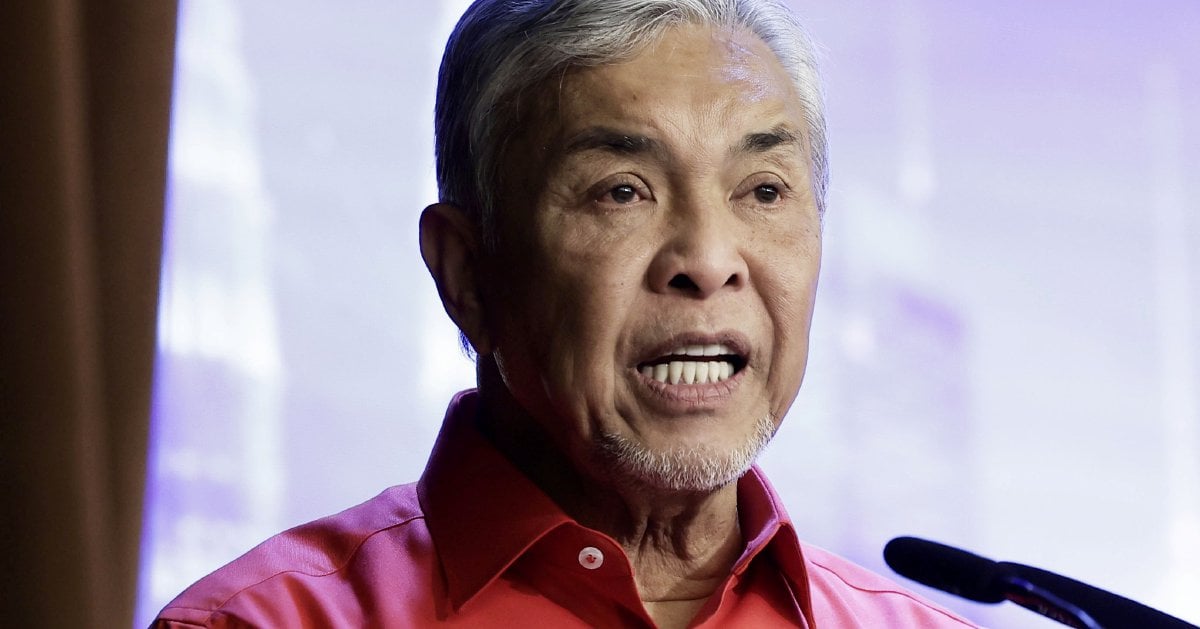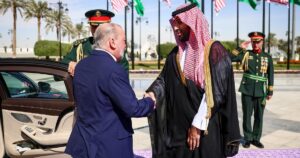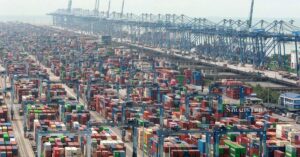KUALA LUMPUR: Malaysia’s halal exports reached US$7 billion (US$1=RM4.19) in the first half of 2025, accounting for 16.1 per cent of national exports, said Deputy Prime Minister Datuk Seri Dr Ahmad Zahid Hamidi.
He said the key products were food and beverages, halal ingredients, and palm oil derivatives, which were shipped to markets as diverse as China, Singapore, the United States, Japan and Indonesia.
“These achievements are not the work of government alone. They are the outcome of a collaborative effort, where regulators provide governance, corporations invest in scale, small and medium enterprises innovate with agility, and scholars maintain alignment with values and standards,” he said.
Ahmad Zahid’s keynote address was delivered on his behalf by Minister of Investment, Trade and Industry Tengku Datuk Seri Zafrul Abdul Aziz at the World Halal Business Conference Circuit (WHBC) 2025 today.
He said more than 10,000 halal-certified companies currently contribute to Malaysia’s global halal footprint.
“Looking forward, Malaysia is strengthening this ecosystem further through digitalisation, tourism, halal parks, logistics integration and end-to-end traceability to ensure the halal system is efficient, resilient and ready for the future.
“With the Halal Industry Master Plan (HIMP) 2030 as our compass, we are determined to sustain growth, deepen international linkages and remain globally competitive,” he said.
The deputy prime minister stressed that the universal halal concept is not merely a dream for tomorrow, but a reality that Malaysia has been building for decades.
“What began as a simple process of verification has grown into one of the most dynamic sectors of the global economy.
“Halal today is no longer confined to kitchens or restaurants. It shapes the medicines we consume, the fashion we wear, the logistics that move our goods, the finance that underpins our businesses, and the technologies that will define our future,” he added.
WHBC 2025 is a premier global platform for halal thought leadership, bringing together policymakers, industry leaders and experts to shape the future of the halal economy in line with Malaysia’s HIMP 2030.
Malaysia aims to reinforce its role as a global halal hub by driving innovation, sustainability, inclusivity, and deeper integration across the halal ecosystem.
This year’s conference convenes governments, trade leaders, and scholars to explore opportunities in a borderless world and unlock new growth for the global halal industry.
© New Straits Times Press (M) Bhd






